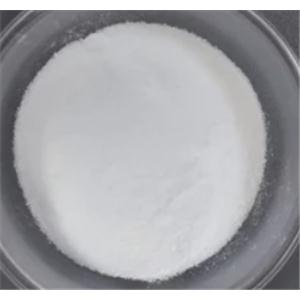lenvatinib, trade name :Lenvima, is an oral multi-target tyrosine kinase (RTK) inhibitor that can selectively inhibit the kinase activity of vascular endothelial growth factor (VEGF) receptors in addition to inhibiting the RTK associated with the pro-angiogenesis and carcinogenic signaling pathways. These include VEGF1, VEGF2, VEGF3, as well as FGFR, PDGFRα, KIT and RET. The drug was approved by the US FDA on February 13, 2015 for the treatment of locally relapsed or metastatic, radioiodine-refractory, and progressive differentiated thyroid cancer (DTC). Levatinib is a multi-target TKI that targets vascular endothelial growth factor (VEGF) receptors VEGFR1, VEGFR2, and VEGFR3. In addition to their normal cellular function, lovatinib also inhibits other TKI involved in pathologic angiogenesis, tumor growth, and the progression of cancer Chemicalbook disease, including fibroblastic growth factor receptor (FGFR) 1-4, platelet-derived growth factor receptor alpha (PDGFRα), KIT, and RET. In vitro tests, it is the most effective on VEGFR2 and VEGFR3, with IC50 of 4nM and 5.2nM, respectively, and the effect on VEGFR1 is slightly weaker (22nM). The selectivity of VEGFR2 and VEGFR3 is about 10 times higher than that of FGFR1 and PDGFRα/β. The dose-increment study of Phase I clinical trial in patients with advanced solid tumor showed that this drug can significantly change the number of circulating endothelial cells (CEC) and circulating progenitor cells (CEP), which is related to the treatment of this drug. Another Phase I clinical trial showed a significant association between tumor shrinkage and changes in biomarker levels (VEGF, SDF1α, and VEGFR2) and dose of levatinib


 China
China








